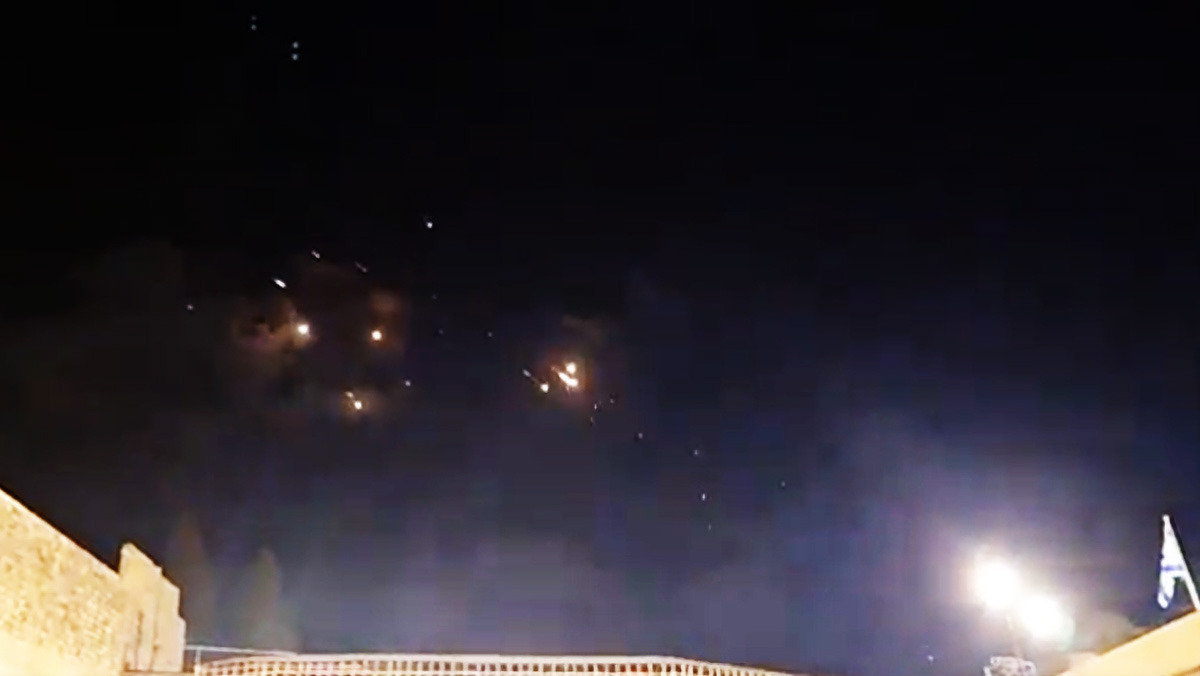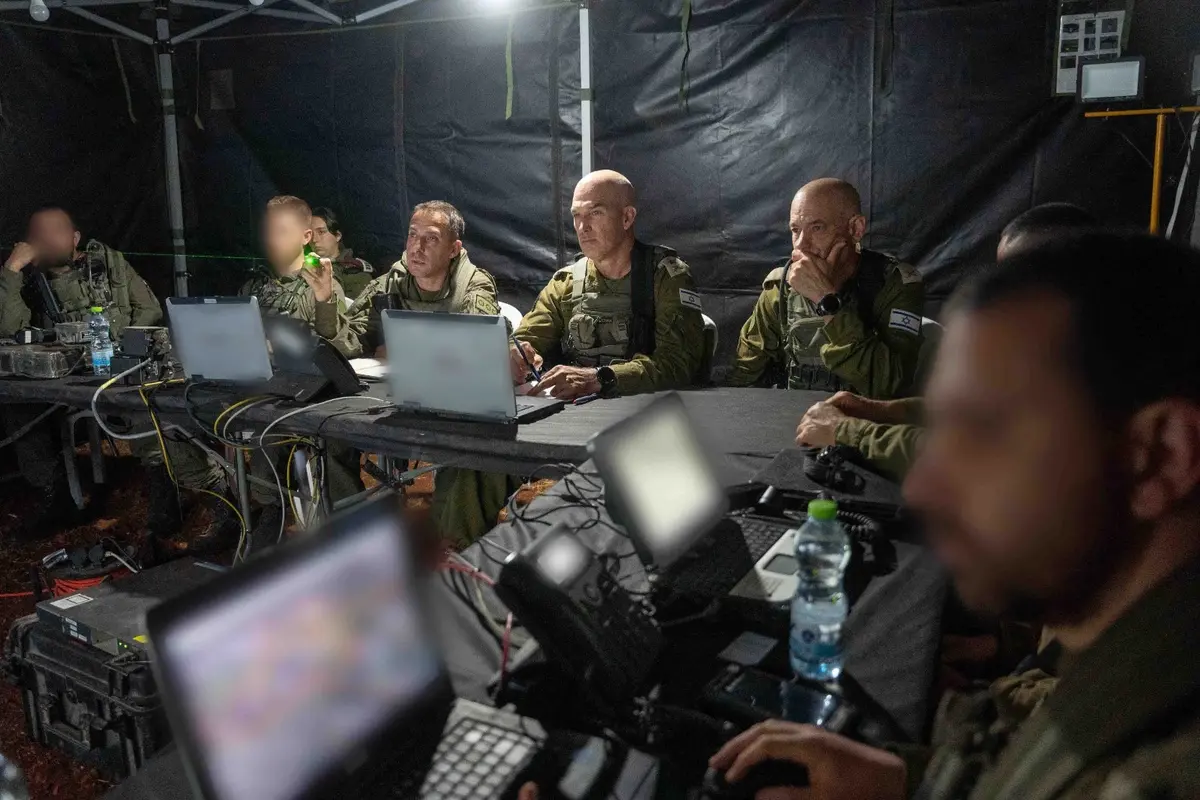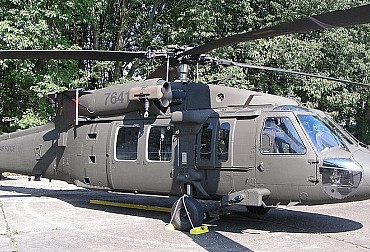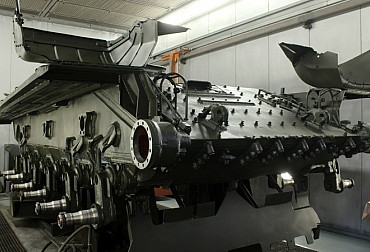Payback for payback. After the invasion of Lebanon and the Iranian attack, Israel is considering another response
Israel is planning a retaliatory strike in response to a recent Iranian missile salvo targeting Israeli cities. This escalation follows the assassination of Hezbollah terrorist chief Hassan Nasrallah and the subsequent Israeli incursion against Islamist positions in southern Lebanon. Tehran launched 180 ballistic missiles, most of which were intercepted by Israeli air defenses, working in cooperation with allies, including the US. No major damage or Israeli casualties were reported, though one Palestinian in the West Bank was killed by an Iranian missile strike. US President Joe Biden has stated that the Jewish state has the right to respond appropriately but should refrain from targeting Iran's nuclear facilities.

The last significant attack from Iran on Israeli cities was a fiasco, similar to an incident in April when more missiles were fired by the Ayatollahs' regime. As before, Tehran failed to inflict the intended destruction and death on enemy territory, instead causing grief and loss among friendly Palestinian civilians. After wounding a seven-year-old Bedouin girl in April (she is expected to survive), this latest attack has tragically resulted in the death of a young Palestinian man in the West Bank near Jericho.
Iran launched about 180 ballistic missiles on the first day of October at approximately 8 p.m. local time. The attack was split into two phases and lasted roughly 30 minutes. According to experts analyzing the debris, the missiles were likely Fattah-1 and Khaybar Shekan types, with a range of around 1,400 kilometers and an alleged accuracy of 20 meters. In comparison, during the April attack, the Iranians fired 300 less reliable Emad missiles. Alarm sirens sounded across Israel, and millions of residents sought refuge in shelters. In what appeared to be a coordinated strike just minutes before the first missiles were intercepted, two terrorists armed with a rifle and a knife attacked a car on the Tel Aviv rapid transit system, killing seven people and wounding others before being neutralized by the police. Israel traditionally does not disclose details of any hits on strategic positions, but the military has stated that no significant damage was done to aircraft, other equipment, or vital infrastructure, although some military bases reported unspecified damage.
RAW FOOTAGE: Watch as Iranian missiles rain over the Old City in Jerusalem, a holy site for Muslims, Christians and Jews.
— Israel Defense Forces (@IDF) October 1, 2024
This is the target of the Iranian regime: everyone. pic.twitter.com/rIqUZWN3zy
"We are on heightened alert, both defensively and offensively, and we will continue to protect the citizens of Israel. This rocket barrage will have consequences. We have our plans and will act at the time and place of our choosing," Israeli army spokesman Admiral Daniel Hagari said, according to The Times of Israel. "We have been facing war on many fronts for a long time, and this is not the first time Iran has attacked us. This salvo was larger in terms of the number of missiles, and our defensive response was adjusted accordingly," Hagari added, emphasizing that Israel was ready to retaliate.
In addition to the Iron Dome and other air defense systems within Israel, Iranian missiles were also intercepted by the US military, specifically the Navy. The destroyers USS Cole and USS Bulkeley, positioned in the eastern Mediterranean, fired a combination of surface-to-air missiles, including RIM-161 Standard Missile 3, at the incoming targets. Jordan has also entered the fray, announcing after the April attack that it would shoot down any projectiles violating its airspace. "This is a significant escalation by Iran, and it will have serious consequences. We will work with Israel to ensure that," US National Security Adviser Jake Sullivan stated during a White House press conference. "Just as significant as this escalation is the fact that we were able to work with Israel to ensure that no one was killed in this attack. We will now determine the appropriate next steps to safeguard American interests and promote stability," Sullivan added.
US President Joe Biden has reiterated that Israel has the right to retaliate, though he advised against targeting Iran's nuclear facilities. "We will discuss with the Israelis what they intend to do, but all seven of us agree that they have the right to respond. However, they should respond appropriately. Clearly, Iran overreacted," Biden told reporters after a meeting with G7 leaders.
The Israeli retaliation is expected, following a recent series of successful operations against Hezbollah militants in Lebanon. Israel claims that these actions culminated in a limited military operation in the south of Lebanon, in accordance with a UN resolution aimed at clearing the border area of Hezbollah forces. After a coordinated attack on September 17 and 18 targeting high-level militants funded and supported by Iran, Hassan Nasrallah, who had led Hezbollah since 1992, was eliminated ten days later along with most of his loyalists. His death dealt a major blow to Iran, depriving it of an important ally and proxy leader who had enjoyed strong support among the Shiite population. This could spark internal shifts in Lebanon, especially among those who have long been frustrated by the Islamist group's partial control, stemming from a delicate balance of power between Christians, Sunnis, and Shiites in the government.

Israel is still conducting operations against another arm of the Iranian axis of evil in the region—the Hamas terrorists in the Gaza Strip—although these operations are now more limited than in recent months. Even this movement has been left without many high-profile figures, as its leadership has been almost entirely dispersed. The killing of a senior member of the terrorist movement, Ismail Haniyeh, in Tehran at the end of July, followed the elimination of more than 10,000 Hamas members during the Israeli advance in Gaza. Some of Hamas's top leaders remain in exile in Qatar, presumably including the current leader of the movement, Yahya Sinwar, unless he is still hiding somewhere within the network of tunnels under the Gaza Strip, from which he has operated in the past. Most recently, the Israelis announced the liquidation of his right-hand man in Gaza, Rahi Mushtaha, who was responsible for both military operations and the imprisonment of captives.





















